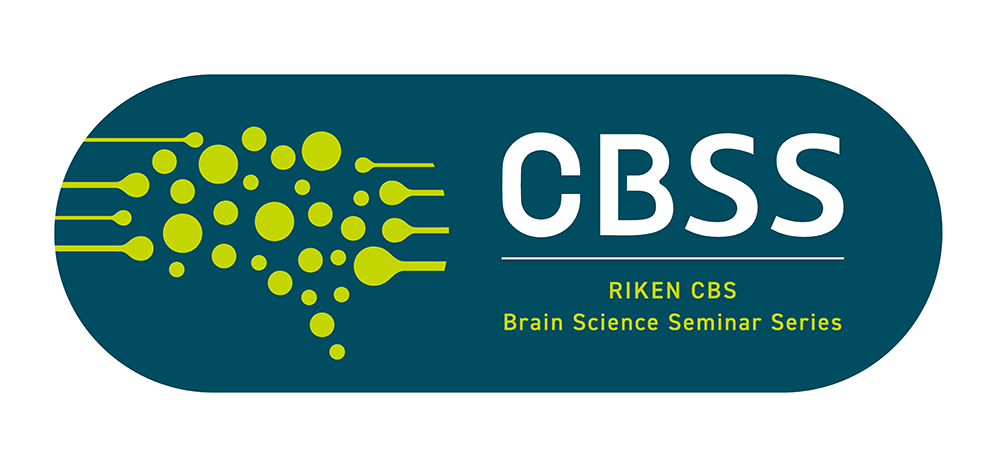
CBS Brain Science Seminar Series(CBSS)
Dr. Masashi Yanagisawa
Date/Time
Friday, December 20, 16:00-17:30 (JST)
Abstract
Deciphering the mysteries of sleep: toward the molecular substrate for “sleepiness”
Although sleep is a ubiquitous behavior in animal species with a nervous system, many aspects in the neurobiology of sleep remain mysterious. Our discovery of orexin, a hypothalamic neuropeptide involved in the maintenance of wakefulness, has triggered intensive research examining the exact role of the orexinergic and other neuronal pathways in the regulation of sleep/wakefulness. Orexin receptor antagonists, which specifically block the endogenous waking system, have been approved as a new drug to treat insomnia. Also, since the sleep disorder narcolepsy-cataplexy is caused by orexin deficiency, orexin receptor agonists are expected to provide mechanistic therapy for the disease; they will likely be also useful for treating excessive sleepiness due to other etiologies.
Even though the executive neurocircuitry and neurochemistry for sleep/wake switching, including the orexinergic system, has been increasingly revealed in recent years, the mechanism for homeostatic regulation of sleep, as well as the neural substrate for "sleepiness" (sleep pressure), remains unknown. To crack open this black box, we have initiated a large-scale forward genetic screen of sleep/wake phenotype in mice based on true somnographic (EEG/EMG) measurements. We have so far screened >10,000 heterozygous ENU-mutagenized founders and established several pedigrees exhibiting heritable and specific sleep/wake abnormalities. By combining linkage analysis and the next-generation whole exome sequencing, we have molecularly identified and verified the causal mutation in several of these pedigrees. Since these dominant mutations cause strong phenotypic traits, we expect that the mutated genes will provide new insights into the elusive pathway regulating sleep/wakefulness. Indeed, through a systematic cross-comparison of the SIK3 Sleepy mutants and sleep-deprived mice, we have found that the cumulative phosphorylation state of a specific set of mostly synaptic proteins may represent the molecular substrate of sleep pressure. We have also found that the neuronal molecular pathway LKB1-SIK3-HDAC4/5 may represent the level of sleep pressure, regulating the amount, depth, and timing of sleep by acting in different brain regions, respectively (Kim et al. Nature 612: 512-518, 2022; Zhou et al. Nature 612: 519-527, 2022).
Registration
Registration Required.
CBS members should register at the CBSS.
- Registration is valid for one year.
You will receive an invitation mail from Zoom once you complete your registration.
The zoom invitation mail will be sent 2-3 days before each seminar. - The registration deadline is NOON, three business days (JST) before each lecture date for first-time registrants.
After the deadline, you will not be able to participate in the seminar. - Participation is limited only for researchers affiliated to research or academic institutions.
Please provide an email address issued by your university/research institute.
We cannot accept free email addresses such as gmail/hotmail/yahoo.
Be aware that your invitation e-mail for the CBSS may be incorrectly placed in your SPAM mailbox. If you cannot find the invitation mail, please check your SPAM mailbox, just in case. Thank you very much for your kind cooperation.
For inquiries
cbss@ml.riken.jp



